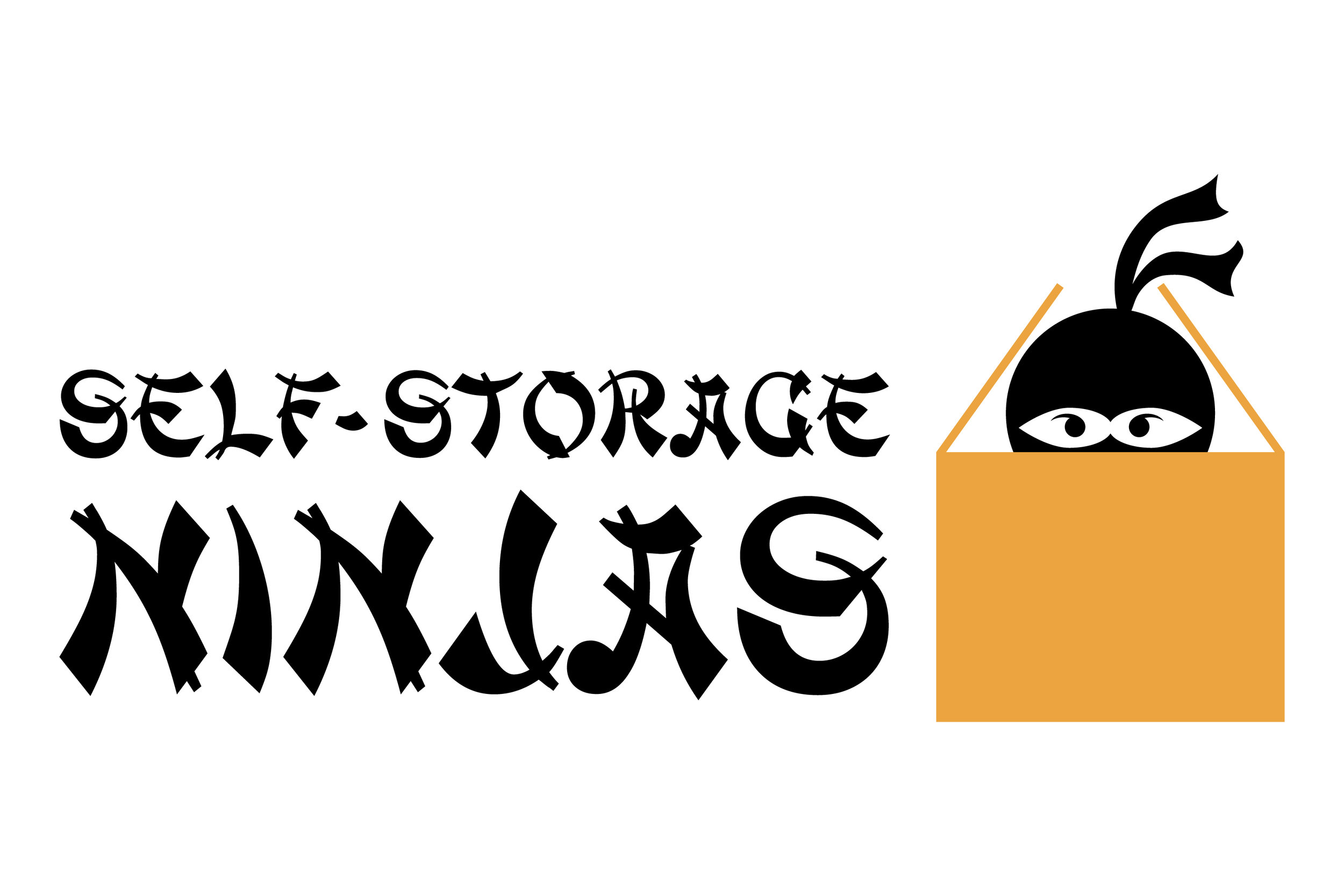What Can a Self-Storage Feasibility Consulting Group do that Self-Storage Software Providers Cannot?
I often use self-storage software for industry data like Radius by Union Realtime when working on self-storage feasibility studies and self-storage business plans. As I use it, I sometimes wonder if people who are planning to buy or build a facility are using them too, and whether or not they think the data they collect is sufficient to make a decision on their project.
Data provided by self-storage software really isn’t enough. And here’s why:
Not all self-storage facilities are included - This is obviously the biggest red flag. I submit facilities that were not mapped to Radius all of the time. Just because the facility is old and doesn’t have a website doesn’t mean they aren’t going to be a competitor. A self-storage feasibility consultant has to research this, one facility at a time.
No boat and RV self-storage facilities are included - So you can’t use the software to evaluate a market’s feasibility for your own project. And if you want to offer any boat and RV self-storage, there isn’t any data in Radius to assess your competition. A self-storage feasibility consultant has to research this, one facility at a time.
Net rentable square footage is just an estimate - The figures you see about how much self-storage is available for rent are simply a guess by the data provider of 70% of the gross rentable square footage. A self-storage feasibility consultant has to research this, one facility at a time.
Occupancy data is unreliable - Although it is now included for some facilities, the data provider is relying on self-storage facilities to voluntarily provide this information, and the vast majority do not. A self-storage feasibility consultant has to research this, one facility at a time.
Pipeline data is unreliable - Again, this is being reported voluntarily for the most part, although Radius does collect new development data when possible from municipalities and planning departments. A self-storage feasibility consultant has to research this with every planning, zoning, and permitting department.
Market boundaries are arbitrarily determined by distance - A market may look good based on population data until you discover your clients are not going to cross a six-lane interstate to reach you or are being otherwise prevented from choosing your facility. A self-storage feasibility consultant tests supply and demand on many levels and uses it to determine your ideal unit mix.
Potential business customers are not included in the demographic data - These are arguably the most desirable self-storage tenants—don’t you want to know how many units you should build for them? A self-storage feasibility consultant tests supply and demand on many levels and uses it to determine your ideal unit mix.
Rental rates and history is unreliable - Again (again), these are voluntarily provided and hardly comprehensive. A self-storage feasibility consultant has to research this, one facility at a time.
All of the other factors affecting a build/no build decision are absent - From traffic counts to market preferences, from competitive amenities to a SWOT analysis, from a financial proforma to operational expense projections, only a self-storage feasibility study is going to be able to give you a complete picture of the submarket and a recommendation on whether or not to build or buy there.
Self-storage software providers like Radius are great for preliminary research and looking at bigger trends in the self-storage industry—locally, regionally, and nationally. I particularly appreciate the historical pricing data and analytics because this would be difficult if not impossible for a self-storage feasibility consulting group to gather on its own.
Just keep in mind that you are not getting the whole picture from these self-storage software providers, and use them in conjunction with a reputable self-storage feasibility consulting firm to make your final self-storage investing decision.
